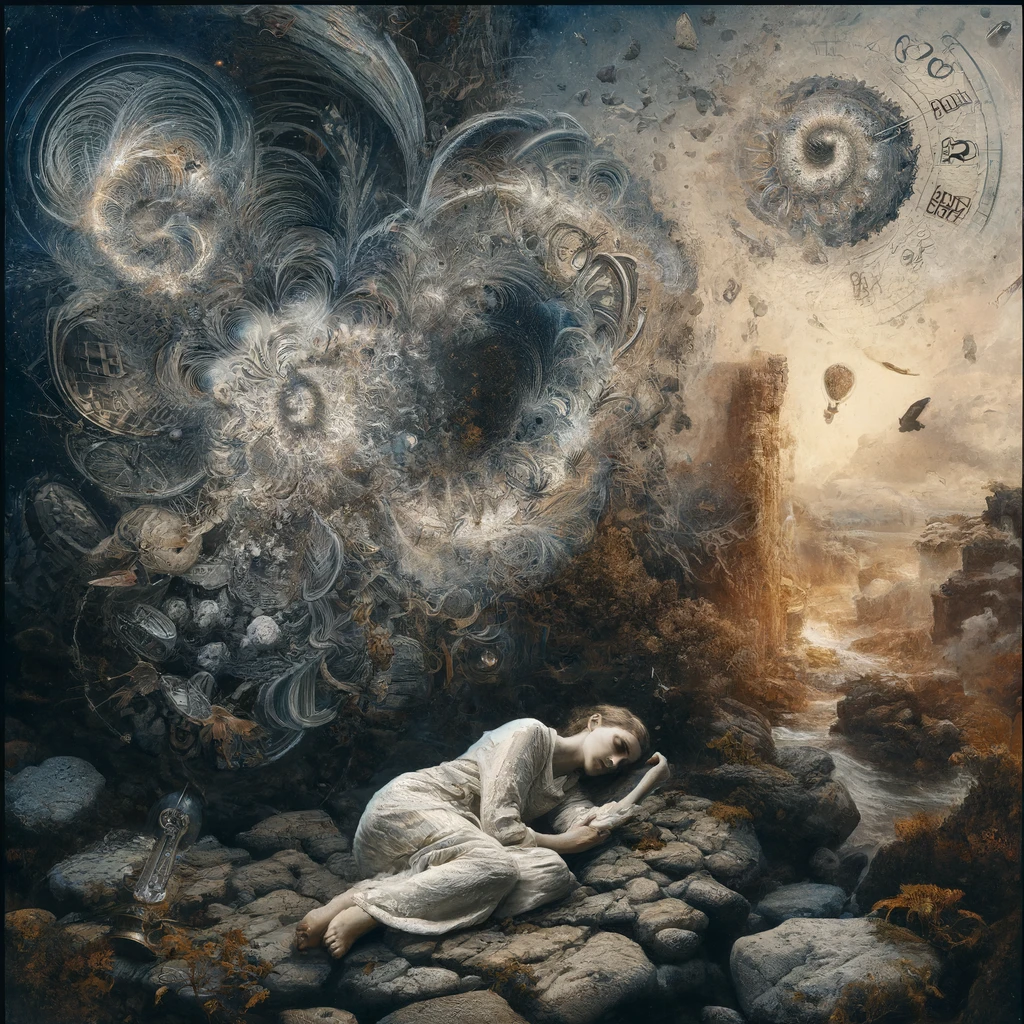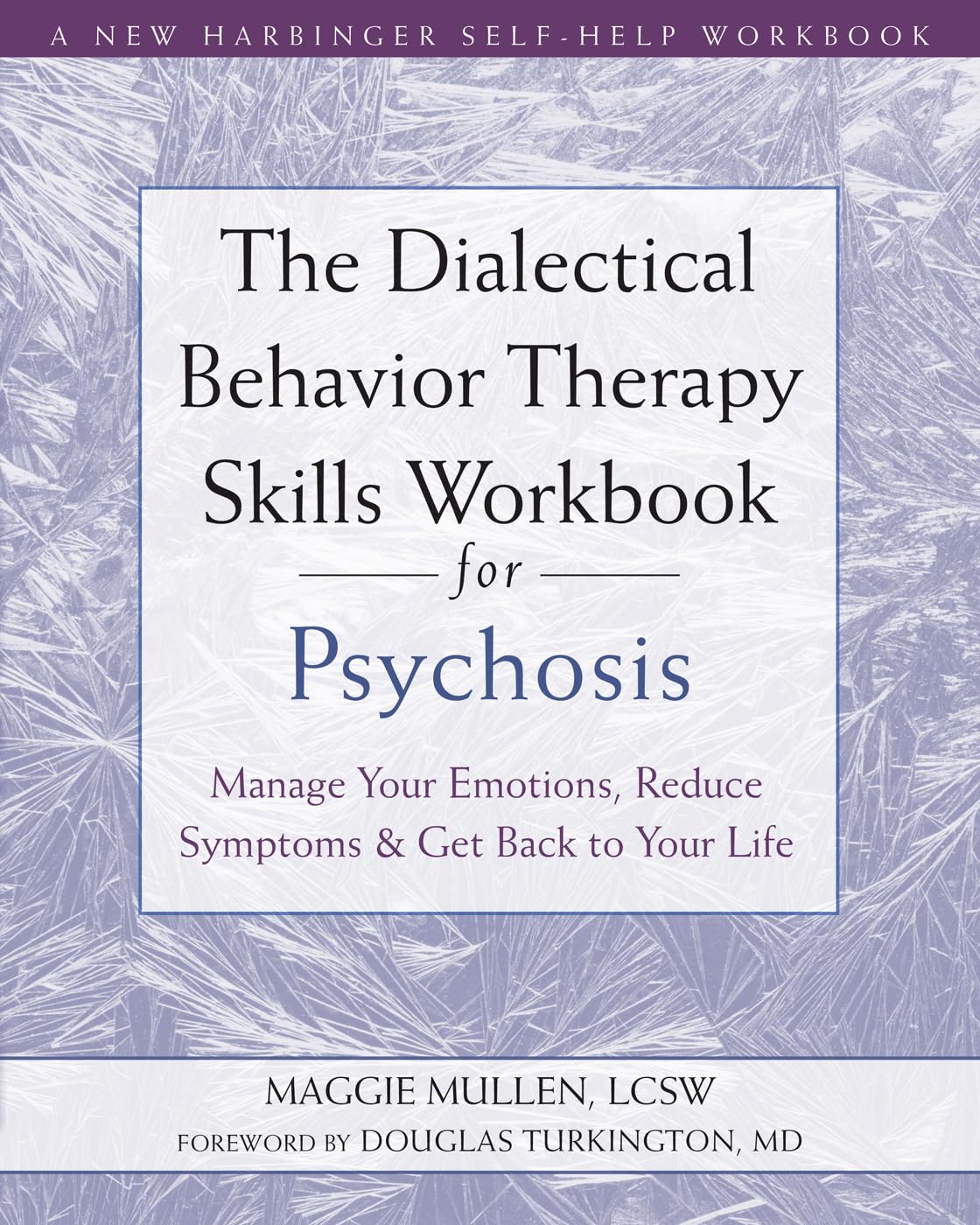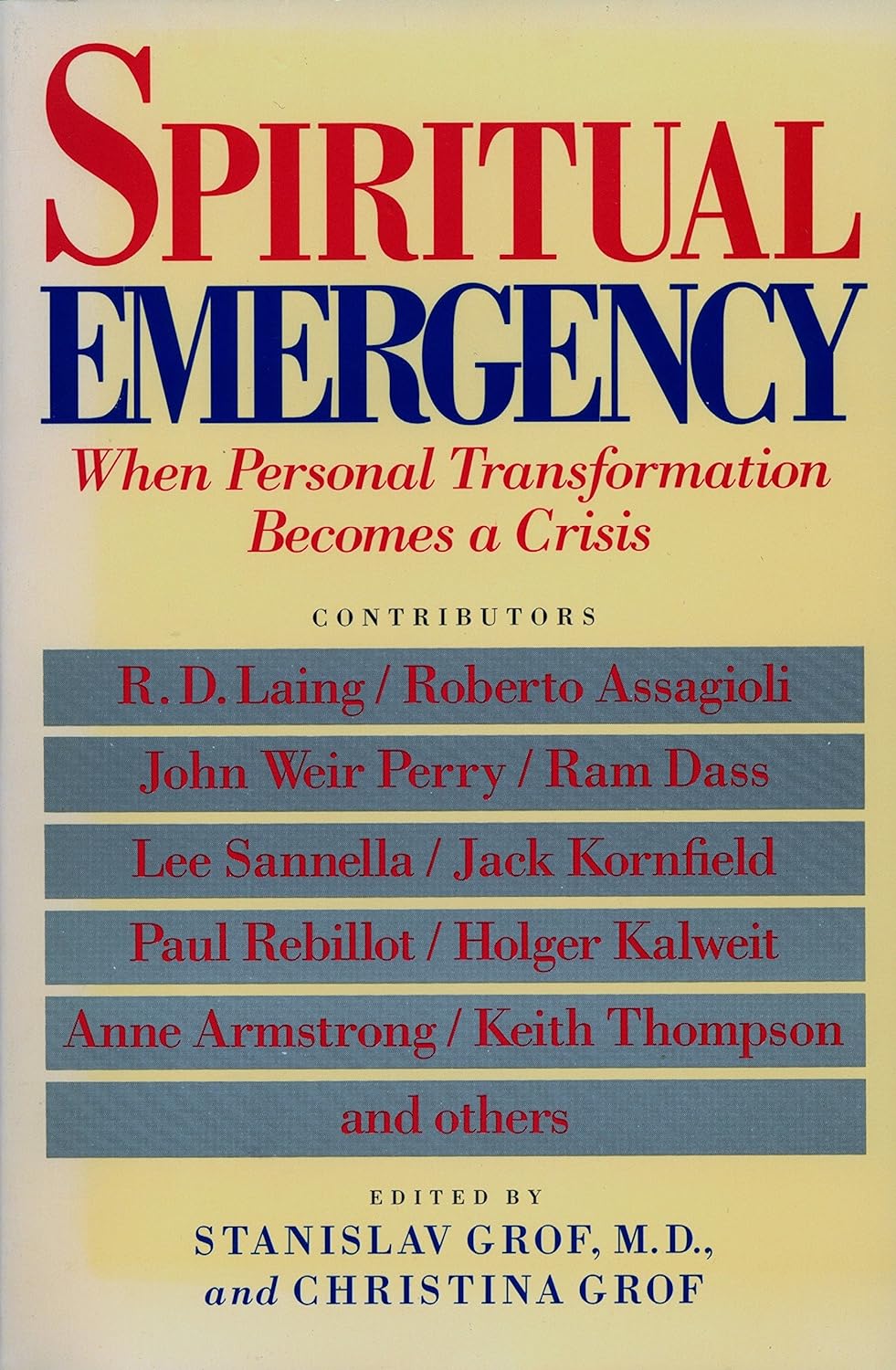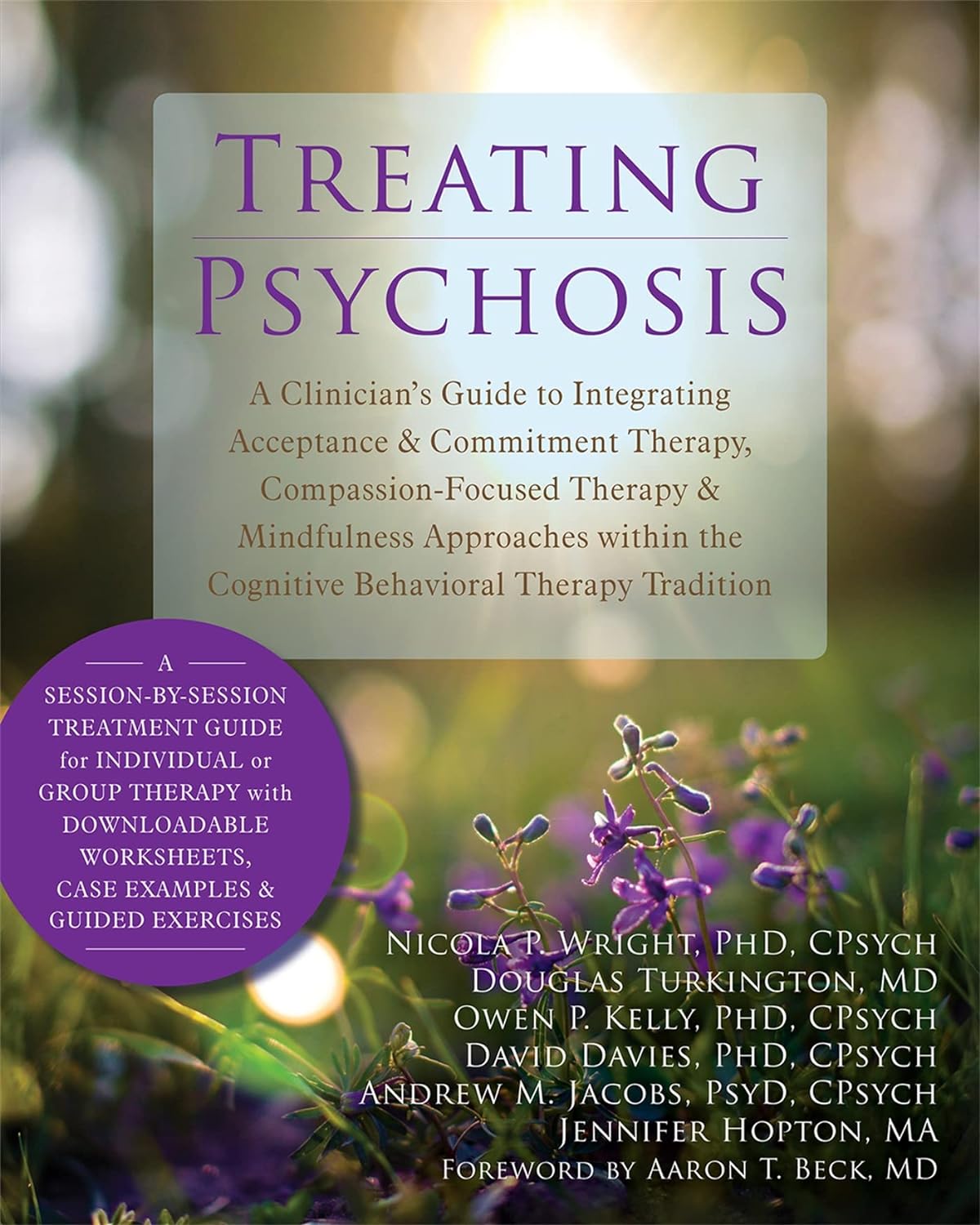Understanding Spiritual Awakening and Spiritual Psychosis: Navigating the Fine Line

Awakening or Psychosis?
In the journey of self-discovery and spiritual exploration, many women find themselves navigating the delicate balance between enlightenment and existential challenge. At Momystic, we understand the complexities of these experiences, particularly when they teeter on the brink of what is known as spiritual awakening and spiritual psychosis. This article aims to elucidate these concepts, identify their symptoms, and provide guidance for safely exploring one’s spirituality.

What is a Spiritual Awakening?
Spiritual awakening is often described as a profound shift in consciousness, an expansion of awareness that transcends the individual’s former sense of reality. It is a moment—or series of moments—of deep realization where one feels profoundly connected to the cosmos, gaining insights into the nature of existence and oneself. This can lead to significant personal transformation and a renewed sense of purpose.
Symptoms of Spiritual Awakening:




What is Spiritual Psychosis?
Spiritual psychosis, on the other hand, occurs when the process of seeking or experiencing spiritual insights becomes overwhelming, leading to confusion and a disconnect from reality. It can manifest when the mind is unable to integrate spiritual experiences, potentially turning profound revelations into sources of distress.

Symptoms of Spiritual Psychosis:
💭 Delusional Beliefs: Firm beliefs in altered realities or new identities that clash with communal norms and personal history.
😵💫 Hallucinations: Seeing or hearing things that others do not, often related to spiritual or metaphysical themes.
🎭 Extreme Mood Swings: Rapid shifts from euphoria to despair, often linked to spiritual thoughts or experiences.
😶🌫️ Withdrawal from Reality: Inability to perform daily tasks, maintain relationships, or manage responsibilities due to obsession with spiritual revelations.
Holding the Tension Between Awakening and Reality
The journey into spiritual exploration must be navigated with care to avoid the pitfalls of losing touch with reality. Holding the tension involves recognizing the transformative potential of a spiritual awakening while staying grounded. Here are a few strategies:
👥 Stay Connected: Engage with supportive friends or communities who understand and respect your spiritual path while helping you stay grounded.
✍🏼 Regular Reflection: Journaling or discussing your experiences with a trusted mentor can help you process your thoughts and feelings safely.
⚖️ Balanced Lifestyle: Ensure that your spiritual practices enhance, rather than replace, your daily responsibilities and relationships.

When to Seek Help
Exploring spirituality can indeed be life-changing and healing, yet it is crucial to approach it with the seriousness it deserves. Not everyone has the inherent skills or life experiences to navigate these waters safely. If you or a loved one shows signs of spiritual psychosis, consider the following resources:
👩🏻⚕️ Mental Health Professionals: Seek therapists or counselors, especially those familiar with spiritual experiences.
☯️ Spiritual Guides or Mentors: Individuals experienced in spiritual paths can offer guidance and perspective.
🫂 Support Groups: Participating in groups for spiritual experiences can provide comfort and understanding.
Conclusion
While the realms of spiritual awakening can offer profound insights and personal growth, they also carry risks that must be approached with mindfulness and care. Remember, the goal of spiritual exploration should be to enrich your life, adding depth and understanding, not to overshadow or complicate it. At Momystic, we advocate for a balanced approach that honors both the mystic and the material aspects of life, ensuring that the path to enlightenment also keeps you firmly rooted in the world around you.

The Dialectical Behavior Therapy Skills Workbook for Psychosis
Manage Your Emotions, Reduce Symptoms, and Get Back to Your Life

Spiritual Emergency
When Personal Transformation Becomes a Crisis

Treating Psychosis
A Clinician's Guide to Integrating Acceptance and Commitment Therapy, Compassion-Focused Therapy, and Mindfulness Approaches within the Cognitive Behavioral Therapy Tradition





Responses